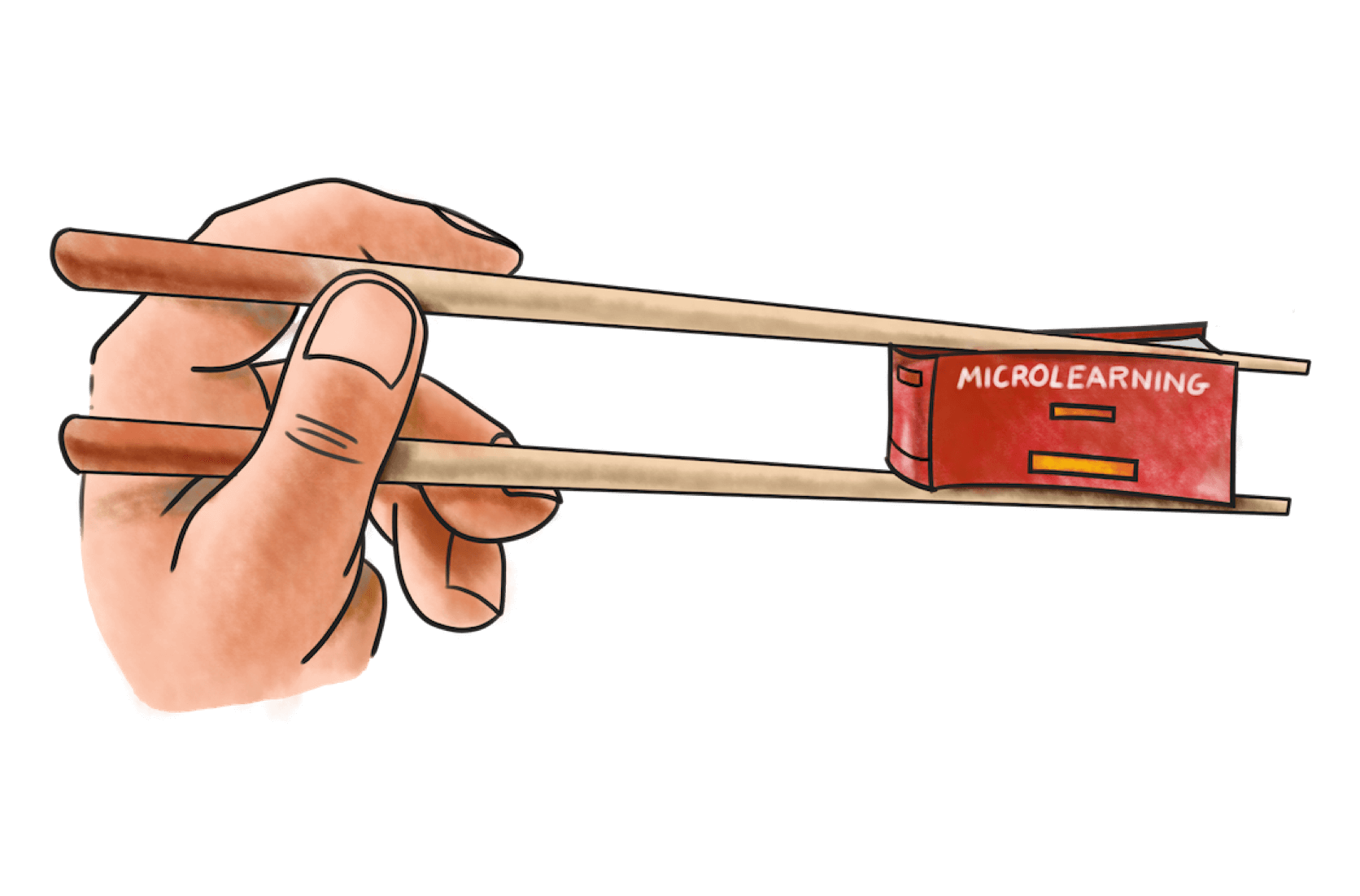
Now, for those of you that know me well, know that I like to talk. I love a good yarn, a chat, a story, which I'm told makes me a good sales guy. Or does it? Along this startup journey I have also undertaken a bit of self discovery which includes the realisation that sometimes talking a lot doesn't always get you the sale.
For this post, I thought I'd share a recent experience I had on the phone with a potential client and how I accidentally discovered the power of active listening.
In my true salesman form, I'd sparked up a conversation with a guest at my brother-in-law's wedding. Turns out this guest worked for a global drinks manufacturer and specialised in the duty-free space. This was music to my ears in terms of Yarno: a distributed and disengaged workforce who need to learn about ever changing product lines.
A few weeks after the wedding I tracked down his email and shot him a message to see if he knew anyone in the business who looked after learning & development – and whether he could give me an introduction. After not hearing back, as the ever-persistent salesman I sent another email and he eventually came back to me saying he was sailing in Greece! Lucky for some.
True to his word though, he passed my information on to someone he knew. She turned out to be the global director of L&D... so this was a big, big win. She was interested to hear more so we tee'd up a phone call to discuss the challenges she was having and ascertain whether our product could help.
Fast forward a few months and it's time to make the call - she was based in the U.K and it was 9pm on a Friday night (on my birthday - hooray!). But hey - these are the 1%ers that you need to do in sales to get in front of decision makers in big corporates. I (somewhat nervously) dial the number and she picks up the phone.
The line is crackly and terrible. I can barely hear her. A LinkedIn stalk prior to the call made me aware that she was Scandinavian, so a slight accent was also making things more difficult on my end.
"Is there a landline I can call you on?" I asked hopefully.
"No, sorry I don't have a desk anymore as I work remote, and currently I'm in Sweden," she replied.
Great, I thought. I'm calling a UK mobile, which is then being pinged halfway across Europe! Things were not looking good.
"I can hear you perfectly," she said, moving me along.
So I accept my predicament and as a last resort I take out my headset, set the phone to speaker and jam it into the corner of my ear. I close my eyes and focus hard on her words. I'm starting to feel a bit like this guy below...

In my sales process, the first meeting is always about discovering what their challenges are and getting the potential client to talk through their learning strategy and process. If there are potential areas that Yarno can help, I make note of these and they will form the basis of my next presentation (i.e. Yarno as the solution), so needless to say, it is vital that I keep asking her questions and jotting down as much info as possible. Problem is I can barely hear her. I continue to ask questions and strain my ears to pick up keywords in her replies. Needless to say, I'm feeling pretty helpless and dejected by this stage!
A global L&D manager...in my sights. And about to be lost into the ether.
So we continue the chat. She asks a bit about Yarno which I try and keep brief. She seems to like what she heard and has some more specific questions to follow up. Oh crap, I thought to myself as I jam the speaker harder into my eardrum.
Turns out that not being able to hear her clearly was the best thing that could have happened. Why? Because I had to summarise and repeat her questions back to her. I couldn't be one step ahead of her in the conversation, ie already thinking about what I was going to say when she had stopped talking. Which meant I was really listening.
This technique is called active listening, and whilst I'd previously read about it, I'd never actually applied it with any success. What's great about it is that it often forces the other party to really think about what they are asking. And often the first thing they say, isn't actually what they mean. This is really common in all human interactions. See more about it here.
"How can we allow different employees to be given different questions inside the system. So that someone in marketing can get marketing specific questions, and someone in finance, finance specific questions," she asked.
After I summarised and repeated it back she then replied with: "No... well, wait a second. What I'm really asking is can I give different heads of department access separately so they can create their own campaigns".
Whilst they look similar - the first question relates to the mechanics of the question module in our system (a much bigger and technical thing to tackle), and the second one is asking about user permissions (relatively easy and already exists in our system). If the phone had been clearer I wonder if I would have answered her first question with something like: 'unfortunately not, all learners get the same pool of questions in a campaign'. And as we all know, big corporates don't like hearing no and it's a known deal breaker.
And often, the first thing they say – isn't actually what they mean.
There were another few examples like the above where after summarising and repeating back her question it changed the direction of her question, which uncovered something specific that she needed to be fulfilled by the system. Fortunately, we could accommodate, so another meeting was booked in for a month's time... I'll keep you posted on how that goes in my next instalment!













































































































